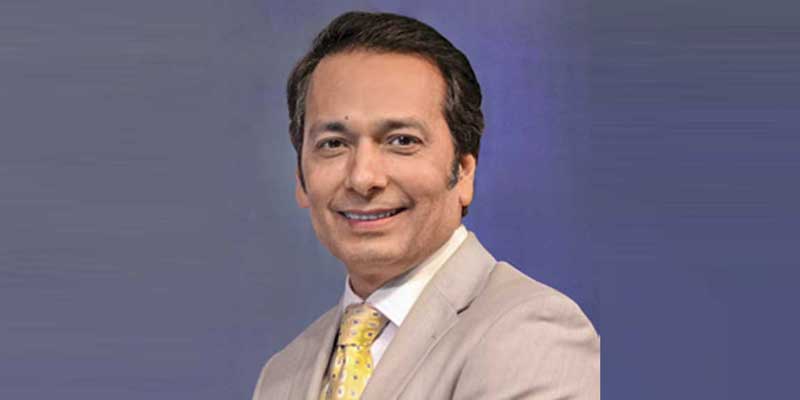All emerging economic and military powers require secure trade routes. Take, for example, the Suez Canal, a vital gateway for global trade. It attracts about 12-15 per cent of global trade and about 30 per cent of global container traffic, with more than $1 trillion in goods transiting annually. The blockage of the Suez Canal in March 2021 for just six days, caused by the container ship Ever Given running aground, reportedly led to a nearly $89 million loss to Maersk. Therefore, the India-Middle East-Europe Economic Corridor (IMEC) is a pivotal transnational initiative to enhance trade connectivity between Asia, the Middle East, and Europe. First announced at the G20 Summit in New Delhi in September 2023, IMEC includes India, the UAE, Saudi Arabia, and key European nations. According to a recent PwC report, the corridor’s strategic location enhances market access by leveraging India’s longstanding trade ties with the Gulf Cooperation Council and the EU.
IMEC also facilitates diversified trade, capitalising on India’s strengths in IT, pharmaceuticals, and renewable energy, the Middle East’s transition towards technology-driven sectors, and Europe’s dominance in aerospace, automotive,and green industries. By fostering cross-regional collaboration and strengthening logistics networks, IMEC has the potential to drive sustained economic expansion among participating nations. Our cover story examines the challenges associated with the corridor’s development, as well as the benefits it could deliver across multiple economies.
Meanwhile, Ramanathan Rajamani, CEO of AISATS—a joint venture between national flag carrier Air India and Singapore’s SATS Airport Services—expresses confidence in India’s logistics sector. Speaking exclusively to INFRASTRUCTURE TODAY, he highlights the company’s plans to expand its footprint in India, capitalising on the sector’s rapid growth. However, ensuring responsible progress is critical.
Vivek Lohia, MD of Jupiter Group, proposes a roadmap for India to reduce carbon emissions and position itself as a global leader in sustainable logistics.
The Aatmanirbhar Bharat (Self-Reliant India) programme, launched during the Covid-19-induced lockdown, has driven demonstrable successes across multiple manufacturing verticals. Shivam Bajaj, Founder & CEO of Mumbai-based Avener Capital, argues that the initiative should be extended to develop a robust self-reliant infrastructure financing ecosystem. YR Nagaraja, MD of Ramky Infrastructure, advocates for a collaborative approach involving industry leaders, government bodies, investors, institutions, and communities to create resilient, inclusive, and sustainable infrastructure.
Against the backdrop of Operation Sindoor and its expected impact on indigenous defence manufacturing, Pushkar Gokhale, Head of Security Solutions Business at Godrej Enterprises Group, underscores the importance of safeguarding new infrastructure assets. EY’s Shailesh Agarwal explains how technology is enabling the flagship Bharatmala Pariyojana for highways, positioning it as a model for future infrastructure projects. Amidst discussions on India’s role in the global energy transition, Devansh Jain, Executive Director of a 90-year-old chemicals-to-renewables conglomerate, expresses confidence in the sector’s growth prospects, citing a
$3 billion capital expenditure plan. Jain highlights India’s unique potential to scale its manufacturing capabilities across electronics, solar, wind, and battery technologies.


